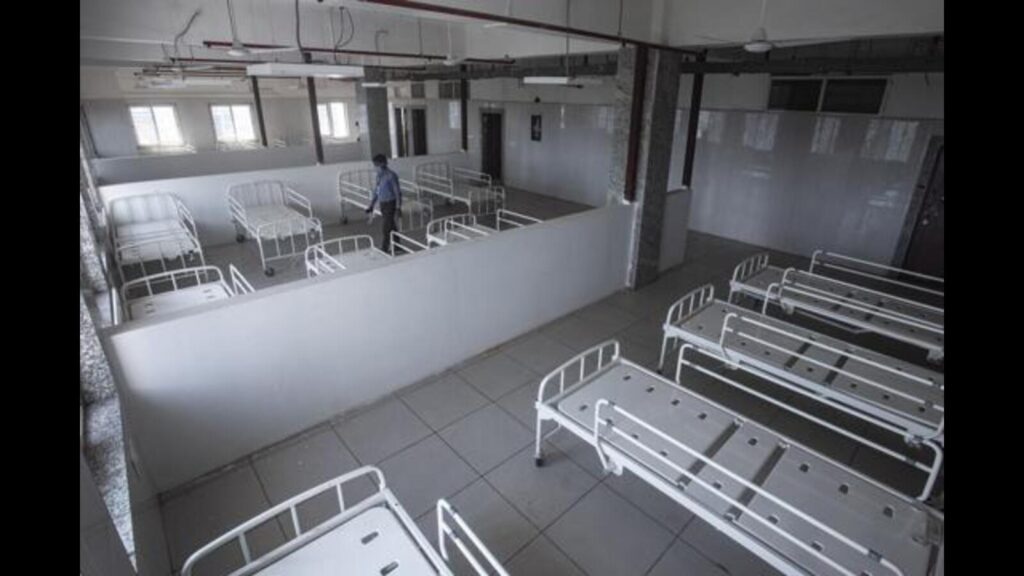PMC starts first-ever continuous & comprehensive disease surveillance in city

The Pune Municipal Corporation (PMC) has started a first-of-its-kind initiative involving comprehensive and continuous disease surveillance in the city. The initiative intends to track and prevent the spread of communicable, vector-borne, and water-borne diseases across the city, PMC officials said on Monday. The initiative has been launched last week, considering the recent outbreak of Guillain-Barré Syndrome (GBS) and prior incidents of Zika, Chikungunya, Covid-19 and swine flu reported in Pune.

Dr Nina Borade, health chief of the PMC who is the brain behind the initiative, said that proactive surveillance and vigilance plans will ensure prevention and better preparedness for future outbreaks. “We have started strict monitoring of all communicable diseases, water- and vector-borne diseases. As part of the initiative, both public and private healthcare professionals and institutes have been involved. We aim to curb the spread of diseases and safeguard public health effectively before outbreaks,” she said.
Dr Borade further said that both private and government hospitals have been asked to regularly report cases of communicable and notifiable diseases. “This will ensure continuous monitoring and timely intervention,” she said.
Dr Vaishali Jadhav, assistant health chief of the PMC, said that following the recent GBS outbreak in the city, the civic water supply department will be instructed to carry out continuous testing of water samples. “We have also started monitoring cases of diarrhoea, which will help us prevent the outbreak of water-borne diseases,” she said.
Dr Jadhav further said, “Currently, a few private hospitals and laboratories have an Integrated Health Information Platform (IHIP) for reporting cases to us. This number will be further increased to get real time updates on cases that will help in prompt prevention and control of epidemic-prone diseases in the city. Citizens are encouraged to follow hygiene guidelines, report any unusual illness trends, and cooperate with the PMC,” she said.
Dr Rajesh Dighe, assistant health officer of the PMC, said that vector-borne disease control measures such as monitoring insect density and eliminating breeding grounds will be implemented throughout the year. “We are not going to wait till the monsoon to start activities for the containment of vector-borne diseases. As many as 20% of fever patients will continue to undergo testing for malaria as part of passive surveillance efforts. Besides, measures will be implemented for the containment of dengue and chikungunya even if suspected cases are reported in any part of the city,” Dr Dighe said.
According to civic officials, the initiative will follow the guidelines issued by the National Centre for Disease Control (NCDC). The PMC will soon start a Metropolitan Surveillance Unit (MSU) which will help the civic body understand the nature and cause of diseases in an urban context, and identify potential disease outbreaks. Besides, the unit will function as a hub of disease surveillance in the city and facilitate real-time reportage of data on outbreak-prone diseases from the public and private sectors, officials said.
Due to its cold and dry climate, Pune is susceptible to infectious disease outbreaks. With comprehensive and continuous disease surveillance, the authorities aim to detect cases early, prevent disease outbreaks, and eventually reduce morbidity and mortality rates among patients, they said.




